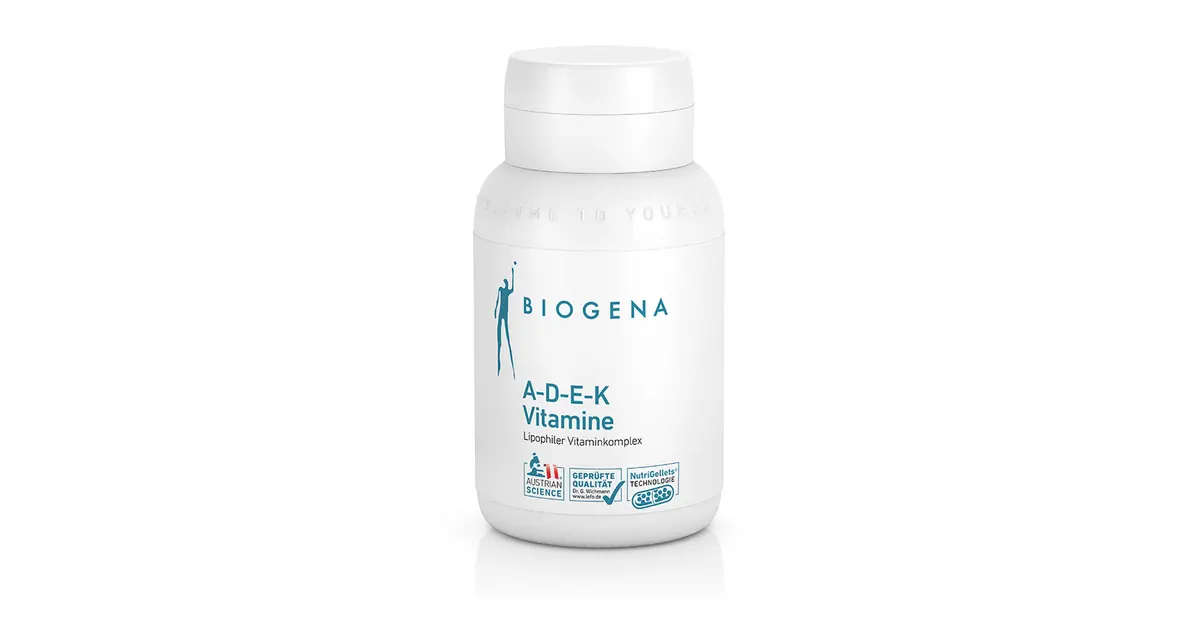ADEK vitamin is a bariatric multivitamin supplement that contains fat-soluble vitamins. Although it is recommended for healthy adults, it should not be given to people who have undergone bariatric surgery. Additionally, it should not be given to laying hens. In this article, we will discuss the pros and cons of ADEKS vitamin. It is recommended for people who are not overweight or obese, but for those who are looking for a convenient multivitamin supplement.
ADEK is a bariatric multivitamin
ADEK vitamin is a bariatricial multivitamin designed to meet the nutritional needs of individuals undergoing weight loss surgery. It contains higher concentrations of fat-soluble vitamins and provides these nutrients in bioavailable forms. ADEK vitamin is available in two flavors: Grape and Berry Sorbet. In addition to providing the necessary nutrients, ADEK vitamin is also easy to take and contains 45mg of iron.
ADEK vitamin is available in capsule form. This multivitamin contains 100% of the daily value for 8 key nutrients. It contains high concentrations of all the B-Vitamins and water-miscible forms of many others. This vitamin is suitable for a wide range of people, including obese and overweight individuals. It contains the entire B-complex and nine micronutrients.
Taking a bariatric multivitamin is crucial for bariatric patients. While standard adult vitamins and children’s vitamins are sufficient for most patients, they are often insufficient for patients recovering from bariatric surgery. For example, people undergoing bariatric surgery need 45-60 mg of iron per day. Most bariatric-specific multivitamins will have iron already in their ingredient list. Without it, you will need to supplement iron separately. The bariatric specific multivitamin should also contain 400 mcg of folic acid.
After weight loss surgery, many physicians recommend the use of bariatric specific vitamins to help their patients recover from their surgical experience. These vitamins should be part of a daily routine for the rest of the patient’s life. The diet must be coordinated with the patient’s dietitian. You should consult with your doctor to find the best bariatric multivitamin for you. If you choose to take bariatric specific vitamins, be sure to follow the ASMBS recommendations.
It contains fat-soluble vitamins
ADEK vitamin Essentials provides an all-natural source of tocotrienols, a complex of alpha-, beta-, and gamma-tocopherols. It is free of dairy protein, lactose, gluten, soy, and artificial sweeteners. ADEK vitamin Essentials also contains no artificial sweeteners. Its ingredients include a proprietary blend of vitamins and minerals derived from sustainably sourced palm oil.
Vitamin E is a fat-soluble vitamin found in plant oils, wheat germ, and meat. Although the function of this vitamin is not yet known, it has been shown to play a role in cell respiration and metabolism. It is an antioxidant that helps protect various hormones from oxidation. It is also important for the healthy functioning of the body’s systems. Its importance is emphasized in the treatment of protein-energy malnutrition.
These vitamins are considered primary nutrients. They are found in food and are stored in the liver and other fatty tissues. The body uses them as needed. If you do not eat enough fat-soluble foods, your body will store them in fat tissues. In turn, the fats in food will cause you to produce bile, a substance produced in the liver. Bile breaks down fats and transports nutrients through the small intestine wall.
It is not recommended for bariatric surgery
A bariatric multivitamin is a must for those who have had bariatric surgery. Bariatric procedures reduce the amount of food that the body can consume, putting patients at risk of nutritional deficiencies. Bariatric multivitamins usually include a variety of different vitamins and minerals. Calcium, for example, is necessary for bone health. Supplements for calcium contain calcium carbonate and citrate. Vitamin B12 supports the immune system and boosts energy levels. However, some bariatric procedures can make it difficult to release vitamin B12 properly. So, some physicians recommend taking a B12 vitamin supplement after bariatric surgery.
Bariatric surgery can significantly improve your health, but you’ll need to follow a special diet for life to avoid deficiency. It’s crucial to include a healthy amount of water and a variety of macro and micronutrients. Taking an app such as Baritastic can help you monitor your macronutrient intake and help you get the right vitamins and minerals.
Generally, bariatric patients shouldn’t start taking their vitamins until a week after their surgery. However, they may be given samples of a chewable multivitamin or multi-vitamin that includes iron. If you’re unsure about which multivitamin to take, ask the bariatric team to recommend one for you. They will also do bloodwork to see which vitamins you need to supplement.
Supplements are vital to recovery after bariatric surgery. Because the surgery limits the amount of food that your body can absorb, you may experience vitamin deficiencies. Therefore, it is critical to make sure that you take a bariatric specific multivitamin. It’s crucial to follow the doctor’s instructions when taking your multivitamin, because overdoing it can actually damage your recovery.
It is not recommended for laying hens
In laying hens, excess vitamin D3 can cause excessive calcium in the blood, a condition known medically as hypercalcemia. This condition can lead to heart disease, liver damage, and gout. Another sign that your laying hens may be getting too much vitamin D3 is if they begin to produce eggs with calcium pimples on them. If you want to know if your hens are producing eggs with calcium pimples, scrape them off the shell and observe the pimples.
It is not recommended for people with nutrient deficiencies
The ADEK vitamin supplement is a fat-soluble, water-miscible dietary supplement for malabsorptive disorders. The supplement provides a broad spectrum of vitamin C, B-complex vitamins, zinc, and other nutrients. It should only be taken under medical supervision. High doses of folic acid may mask symptoms of pernicious anemia. Therefore, the ADEK vitamin supplement should only be used by people who are at risk for nutrient deficiencies.
It is not recommended for people with nutrient deficiency, because too much vitamin A can be harmful to fetuses and embryos. Women with childbearing potential should check with their physicians regarding total vitamin A intake. Also, vitamin K can interfere with anticoagulant medications, so patients with coagulation disorders should seek medical advice before taking an ADEK vitamin supplement. People with nutrient deficiencies should avoid taking the tablets or drops.













